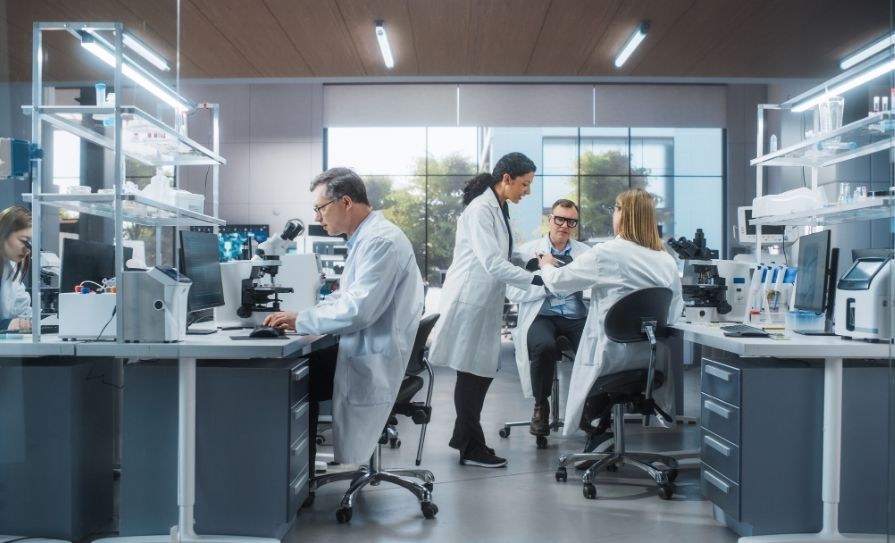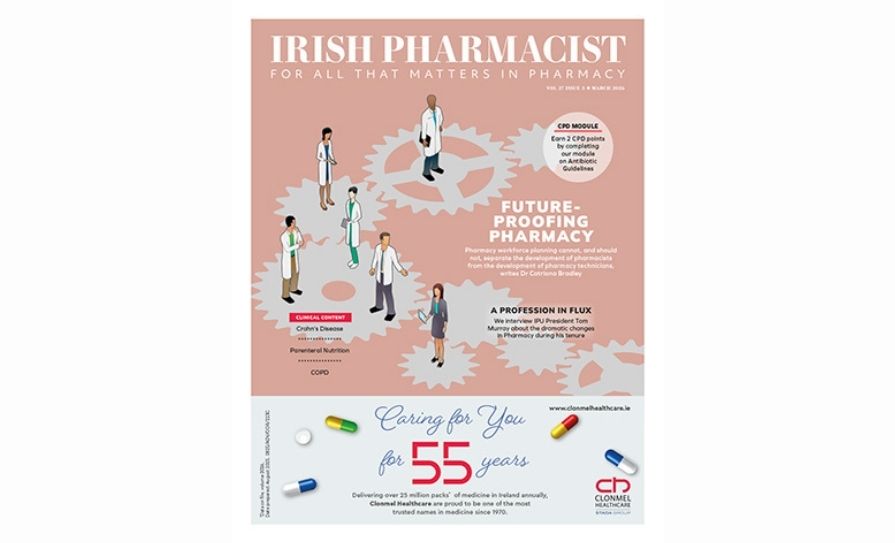A leading oncologist has stated recently that adequate levels of vitamin D helps to improve outcomes in patients undergoing chemotherapy, as well as helping to reduce incidence of breast cancer, but deficiency leads to poorer outcomes.
Prof Seamus O’Reilly, National Director in Medical Oncology at the RCPI and Consultant Oncologist at Cork University Hospital, spoke recently at the Gathering Around Cancer virtual conference, which was held on 5-6 November. Prof O’Reilly spoke on the topic of ‘Advances in Hormone-Sensitive Breast Cancer’ and presented data to attendees that shows inadequate levels of vitamin D have significant effects in terms of the prevention and treatment of cancer.
Prof O’Reilly addressed a number of aspects of breast cancer in his talk, including oncotypes and genomic profiling, and he also presented data on diet and vitamin supplementation. This research showed that patients taking vitamin B12 and iron supplements, for example, had worse outcomes and “the more they took, the worse the outcome was,” he said.
“There are similar issues with antioxidants, but the value of negativity was less.”
However, sufficient vitamin D intake was associated with less breast cancer incidence, and those with vitamin D deficiency had lower response rates to neoadjuvant chemotherapy, he said.
He told the conference: “Our patients often ask about diet and vitamin supplementation… a combined Montpelier and University of Iowa study showed that women [with breast cancer] with vitamin D deficiency had lower response rates to neoadjuvant chemotherapy… another paper on Hodgkin’s lymphoma treatment showed differences in 10-year survival rates in people with vitamin D deficiency.
“In our practice, we now measure vitamin D levels in all breast cancer and lymphoma patients and we supplement them, and we should also do the same with colorectal cancer patients,” said Prof O’Reilly. “The SUNSHINE trial shows better outcomes for metastatic patients with [sufficient] vitamin D levels.”







